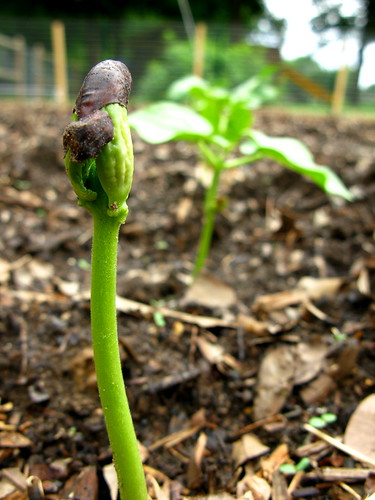 German health officials have identified bean and seed sprouts as the cause of the recent E. coli outbreak, specifically fenugreek, mung beans, lentils, adzuki beans and alfalfa. On Friday, Germany’s Federal Institute for Risk Assessment (BfR), Federal Office of Consumer Protection and Food safety (BVL) and Robert Koch Institute (RKI) released a joint statement recommending
German health officials have identified bean and seed sprouts as the cause of the recent E. coli outbreak, specifically fenugreek, mung beans, lentils, adzuki beans and alfalfa. On Friday, Germany’s Federal Institute for Risk Assessment (BfR), Federal Office of Consumer Protection and Food safety (BVL) and Robert Koch Institute (RKI) released a joint statement recommending
abstaining from eating raw sprouts, Households and gastronomic businesses should dispose of any sprouts currently in stock as well as any food items that might have come in contact with these. BfR, BVL and RKI recommend in addition that all food products originating from a distinct producer in Lower Saxony be taken from the market.
The release concluded that “the current general recommendation to abstain from eating cucumbers, tomatoes, lettuce in northern parts of Germany does not need to be upheld.” The number of new infections is falling by the day, which RKI said may reflect either changes in consumption (as a result of health fears) or “a gradual disappearance of the source of infection.”
Both the RKI and World Health Organization (WHO) continue to advocate good food hygiene as the best way of avoiding infection. According to WHO, consumers should
- Make sure all cooking surfaces and utensils are washed and sanitized
- Always wash their hands before preparing food, and after using the toilet
- Separate raw food (such as meat and seafood) from cooked foods during preparation
- Cook all food thoroughly (E. coli bacteria cannot survive temperatures above 70 degrees C)
- Use clean water for cooking
- Wash all fruits and vegetables thoroughly before eating them, especially if they will be eaten raw
